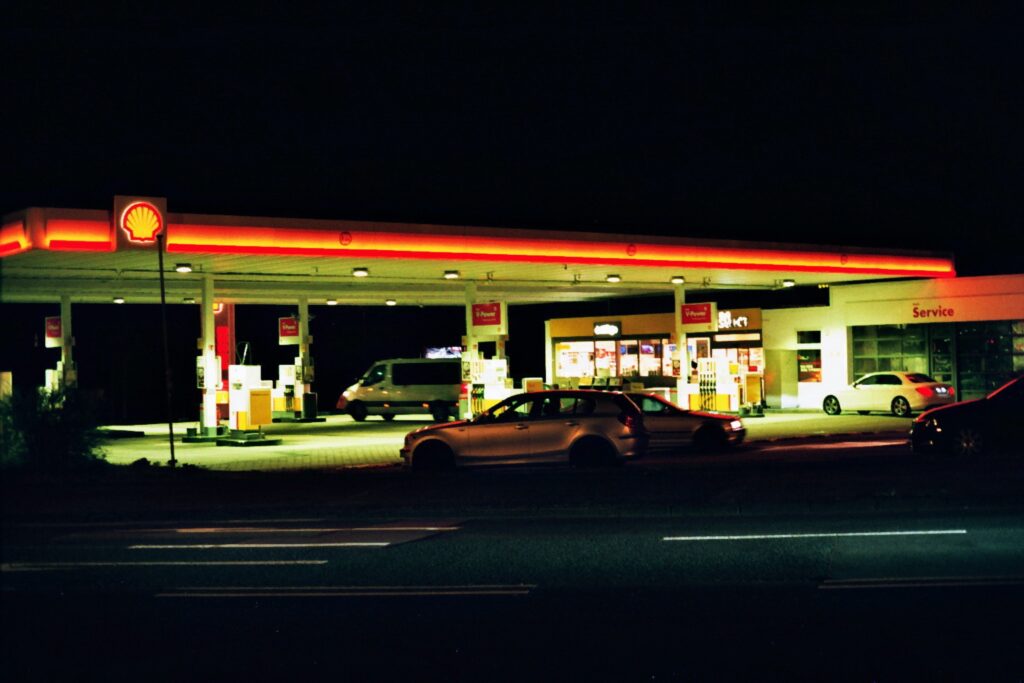In this blog post, we will explore the diesel price in Pakistan, a critical factor influencing the country’s transportation and economy. As one of the most populous countries in South Asia, Pakistan relies heavily on diesel for transportation, logistics, and other essential sectors. This article will provide a comprehensive analysis of the historical trends, factors affecting diesel prices, a comparison with neighboring countries, and the impact of diesel prices on the economy and transportation. Lastly, we will discuss the future outlook for diesel prices in Pakistan, including potential alternatives and their implications.
Historical Overview of Diesel Prices in Pakistan
Contents
Last Updated on Aug 1, 2023. We want to make sure you have the most up-to-date information on prices.
As of August 2023, the diesel price in Pakistan stands at Rs. 273/Ltr. It’s important to note that diesel prices are subject to change due to various factors, such as fluctuations in global oil prices and government policy adjustments. To stay up-to-date with the latest diesel prices, you can visit the Oil and Gas Regulatory Authority (OGRA) website or other reliable sources for real-time updates.
Keep up to date with other fuel costs by reading our Petrol Prices article.
Major Milestones in Diesel Pricing:
Over the years, diesel prices in Pakistan have seen many fluctuations due to global oil market changes, government policies, and other economic factors. Some of the major milestones in diesel pricing history include:
- Deregulation of diesel prices in the early 2000s, which led to market-based pricing mechanisms
- Introduction of various subsidies and taxes by the government to control inflation and promote economic growth
- Significant fluctuations in international crude oil prices affecting domestic diesel prices
Factors Affecting Diesel Prices in Pakistan
Global Oil Market Influence:
The global oil market plays a significant role in determining diesel prices in Pakistan. As a net importer of petroleum products, Pakistan’s diesel prices are heavily influenced by fluctuations in international crude oil prices. Factors such as geopolitical tensions, natural disasters, or supply constraints can lead to price volatility in the international market, directly impacting diesel prices in Pakistan.
Currency Exchange Rates:
The exchange rate of the Pakistani Rupee (PKR) against the US Dollar (USD) also affects diesel prices. When the PKR weakens against the USD, the cost of importing oil rises, leading to increased diesel prices. Conversely, a stronger PKR against the USD can result in lower diesel prices.
Government Policies and Regulations:
The Pakistani government plays a crucial role in determining diesel prices through various policies, taxes, and subsidies. These measures are often implemented to control inflation, protect consumers, or promote specific industries. For instance, the government may introduce subsidies to lower diesel prices or increase taxes to generate revenue and discourage excessive consumption.
Supply and Demand Dynamics:
The supply and demand dynamics in Pakistan also contribute to diesel price fluctuations. Economic growth, population increase, and industrial expansion all lead to higher demand for diesel. If the domestic supply cannot meet this demand, Pakistan must rely on imports, which can lead to higher prices. On the other hand, lower demand or improved domestic production can result in reduced diesel prices.
Diesel Price Comparison in South Asia
Pakistan vs. India:
Diesel prices in Pakistan are generally lower than in India, primarily due to differences in taxation policies. The Indian government imposes higher taxes on diesel, leading to increased prices for consumers. However, fluctuations in currency exchange rates and international oil prices can narrow or widen the price gap between the two countries.
Pakistan vs. Bangladesh:
Diesel prices in Pakistan are also generally lower than in Bangladesh. Bangladesh, being a smaller and more densely populated country, has limited domestic oil production and a higher dependency on imports. This situation, combined with government policies, results in higher diesel prices for Bangladeshi consumers.
Pakistan vs. Sri Lanka:
Diesel prices in Pakistan are competitive compared to Sri Lanka, with prices varying depending on global oil prices and currency exchange rates. Both countries rely heavily on imports, and government policies play a significant role in determining diesel prices.
Impact of Diesel Prices on Transportation and Economy
Public Transportation:
Rising diesel prices can significantly impact public transportation in Pakistan. Higher fuel costs lead to increased ticket prices for buses, trains, and other forms of public transport, making it more expensive for commuters to travel. This can result in reduced ridership, putting a strain on public transportation systems and potentially leading to service cuts.
Goods Transportation:
The transportation of goods within Pakistan and across borders is heavily dependent on diesel-powered vehicles. As diesel prices increase, the cost of transporting goods also rises, which can lead to higher prices for consumers. This can have a ripple effect on the economy, as increased costs for businesses may result in job losses or reduced spending by consumers.
Economic Implications:
Diesel price fluctuations in Pakistan can have a significant impact on the overall economy. High diesel prices can contribute to inflation, as the increased cost of transportation affects the prices of goods and services. Additionally, the government’s revenue from taxes on diesel can be affected by price fluctuations, impacting public finances and the government’s ability to invest in infrastructure and social services.
Future Outlook of Diesel Prices in Pakistan
Diesel Price Forecasting:
Predicting future diesel prices in Pakistan can be challenging due to the numerous factors influencing price fluctuations. However, careful analysis of global oil market trends, currency exchange rates, government policies, and domestic supply and demand can provide some insight into potential price trends. It is essential for businesses and policymakers to stay informed of these factors and adjust their strategies accordingly.
Alternative Energy Sources:
As the world moves towards cleaner and more sustainable energy sources, Pakistan is also exploring alternatives to diesel for transportation and other sectors. The development and adoption of alternative energy sources, such as electric vehicles, solar power, and biofuels, can help reduce the country’s dependence on diesel, mitigating the impact of diesel price fluctuations on the economy and environment. While these alternatives are still in the early stages of adoption in Pakistan, their increased use could play a significant role in shaping the country’s future energy landscape.
Conclusion
Understanding diesel prices in Pakistan is essential for both businesses and individuals, as it affects various aspects of daily life, from transportation to the economy. By examining the historical trends, factors affecting diesel prices, and comparing prices within the South Asian region, we can gain valuable insights into the current situation and future outlook. As the world shifts towards more sustainable energy sources, it is crucial for Pakistan to explore alternatives to diesel and adapt to the changing energy landscape.



